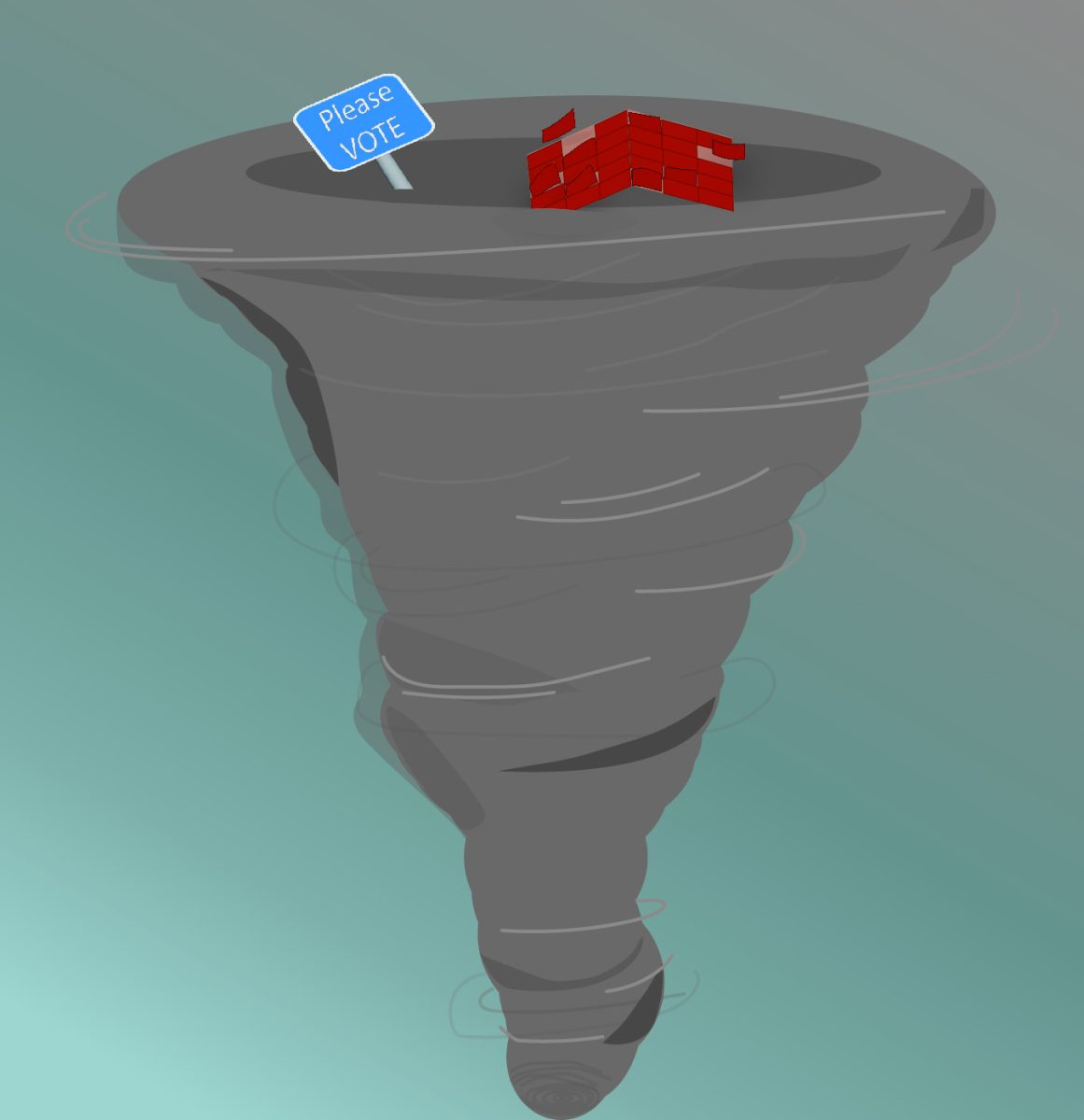

Fear of a gunman opening fire on students was something unheard of until 1966; on top of the tower of the University of Texas at Austin, for the first time in this country’s history, a gunman fired several rounds on unprepared students.
The ex-marine, Charles Whitman, killed 16 people and wounded 32 more.
In that same city, just 10 blocks away from the place of the first school shooting, Senator Jeff Wentworth (R- San Antonio) has filed a bill which he hopes will prevent events like Whitman’s from happening ever again in Texas. The solution: more guns.
Wentworth’s bill, the SB 354, entitles those with concealed handgun licenses (CHL) the permission to carry handguns into college and university buildings, dormitories and classrooms—something until now prohibited. The bill, which was co-signed by 13 other senators, was filed on July 13, 2011 and is yet to be voted on. If Wentworth’s bill is approved by the Senate it would pass to the House where it would be voted on again and then passed to the governor to be signed.
For American politics professor Stephen Amberg, the bill has a good chance to pass “because the gun lobby has more political influence in Texas than UTSA administrators and students,” he said.
“What is critical for campus safety is an academic culture of reason, respect for others, opportunities for all to be heard, and diligence about the few unstable individuals among us,” he said.
Members of several gun-supporting organizations see the bill as a important part in an apparent push towards a more comprehensible gun legislation. Four days before senator Wentworth introduced the bill 354, one of its co-authors introduced another one; Senator Birdwell (R-Granbury) filed the bill 321, which prohibits the employer from denying his employee the right to have, store or access a weapon in the employee’s car. These bills, specially the first one, seem to raise concerns never before voiced.
“This is exactly what we need,” said Leopold Pebbles, a junior majoring in environmental engineering major. “We should have the right to defend ourselves and others in case something goes wrong,” said Pebbles, who is the proud owner of a Glock 26 9mm pistol.
Pebbles had to wait 68 days for his CHL to arrive after he requested it the same day he turned 21. When asked if he felt safer knowing students around him might be armed he seemed unsure, “Well yea if they went under the training for having the CHL we should be fine” he said. “Besides the criminal and non-criminal background check you are done when you get your CHL, you also have to undergo training,” said Pebbles. According to state law, ten hours of training are needed to be eligible for a CHL, most training programs are done in one day and start early in the morning and end in the afternoon. “If there was ever a school shooter in campus, there would only be one or two casualties, the first victim and then the shooter,” said Pebbles.
Other students do not share Pebble’s enthusiasm, rather, they are extremely concerned. “Allowing handguns on college campuses is one of the most irresponsible pieces of legislation in recent years,” said David Feign, the vice-chairman of the Young Democrats at UTSA. “College students and people in general, are under so much stress and pressure that to allow them to hold a personal arsenal in their pocket is simply reckless,” he said. When asked if he thought the legislation enforced the second amendment of the Constitution he responded, “It is no longer 1863, we cannot tolerate everyday citizens parading around their handguns like trophies.” David, who is a freshman majoring in Political Science, finalized, “It is sad to hear that Texas has learned nothing from the tragedy in Tucson, Arizona,” referring to the events that happened last January where a twenty-two year old shot congressman Gabrielle Giffords (D-Arizona) and other and killed six others.
As a coincidence, the shooting at Tucson seemed to have proved, for some, that more guns doesn’t necessarily means better responses in tense situations.
“I saw another individual holding the firearm. I kind of assumed he was the shooter. So I grabbed his wrist and, you know, told him to drop it and forced him to drop the gun on the ground. When he did that, everybody says, no, no, it’s that guy,” told Joe Zamudio, the confused bystander, in the Ed Schultz Show on MSNBC.
“I have no doubt people are trained to responsibly use a weapon,” said senior mechanical engineering major Issac Reyna. “But I doubt that the same people are trained to face a shooter or to handle a hostage situation for that matter.” Reyna, who was trained by the UTSA Police Department for his job in Laurel Village, the student housing complex, highly regards UTSAPD’s response time and their training on stressful situations. “Handling a delicate situation is something you can’t teach your average sophomore majoring in marketing,” he emphasized, “that is something you definitely want professionals involved.”





